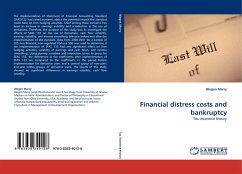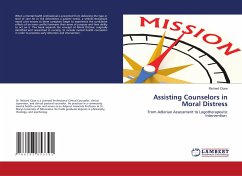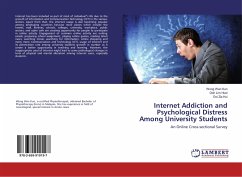The implementation of Statement of Financial Accounting Standard (SFAS)133 had raised concerns about the potential impact the standard could have on firm hedging activities. Chief among these concerns has been an increase in earnings volatility and a reduction in the use of derivatives. Therefore, the purpose of this study was to investigate the effects of SFAS 133 on the use of derivatives, cash flow volatility, earnings volatility, and income smoothing one-year before and after the implementation of the standard. Data from 2000-2001 for a sample of 305 non-financial, non-regulated Fortune 500 was used to determine if the implementation of SFAS 133 had any significant effect on firm hedging activities, volatility of earnings and cash flows, and income smoothing. Using dummy variables and interaction terms to proxy for SFAS 133, the differences in the coefficients after implementation of SFAS 133 are compared to the coefficients in the period before implementation for derivative users and a control group of non-users and also within groups of derivative users. The results of this study showed no significant differences in earnings volatility, cash flow volatility.
Bitte wählen Sie Ihr Anliegen aus.
Rechnungen
Retourenschein anfordern
Bestellstatus
Storno








